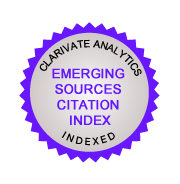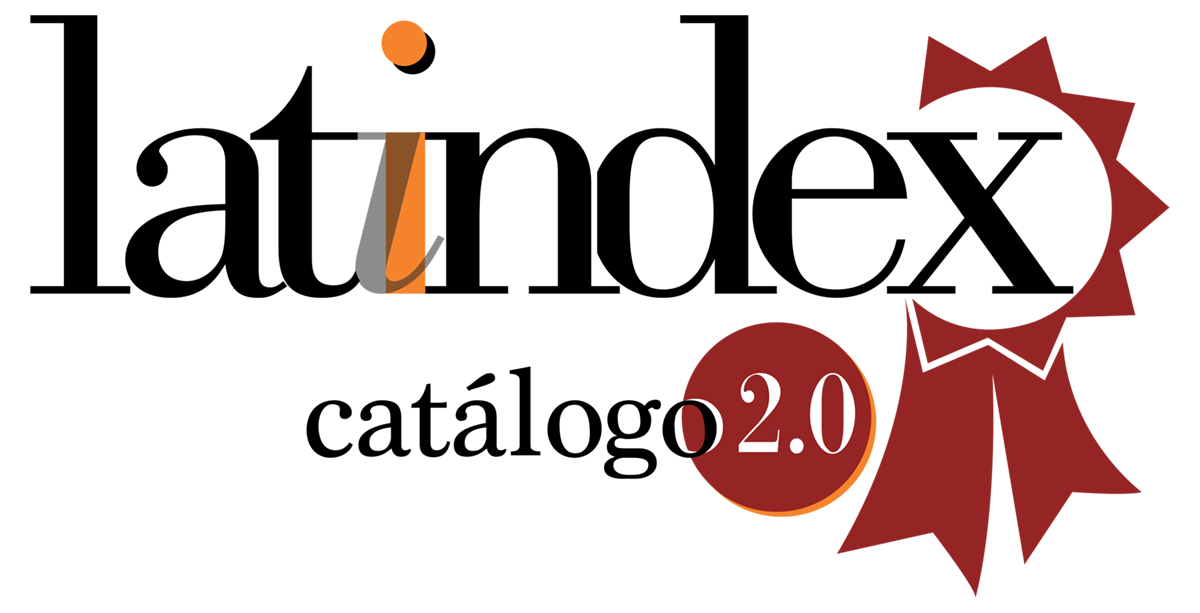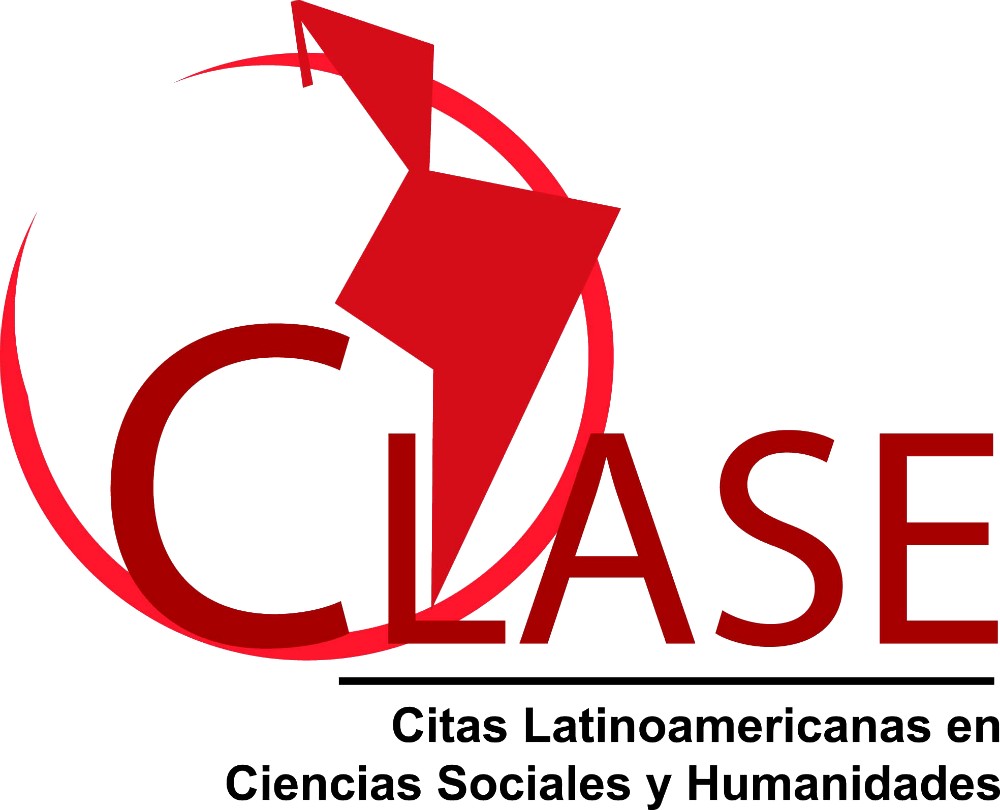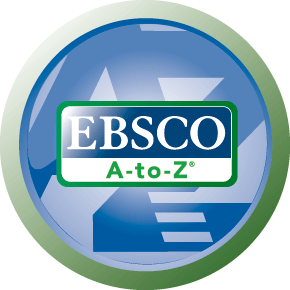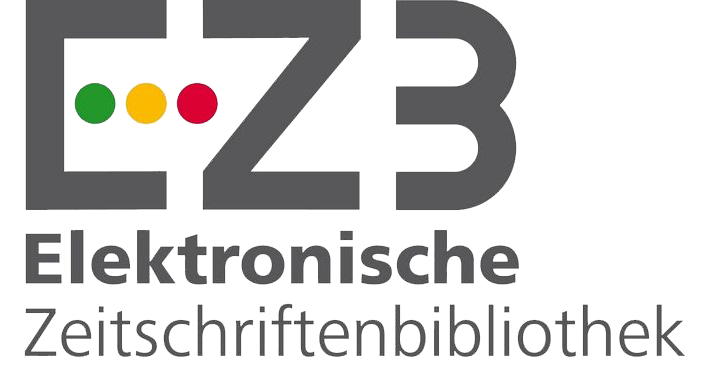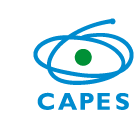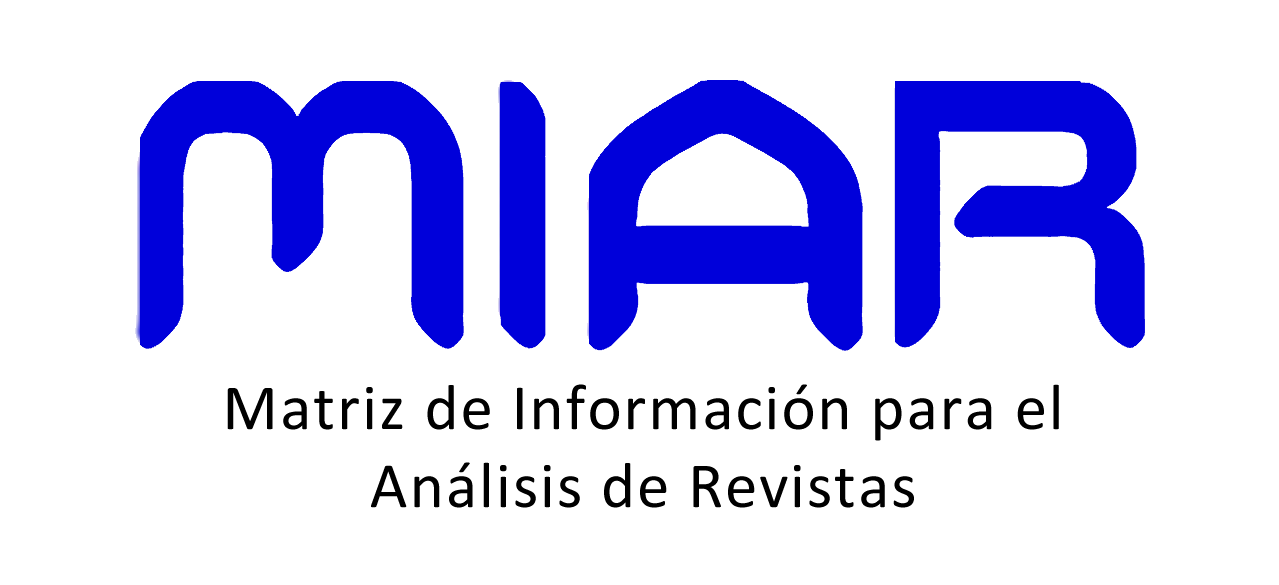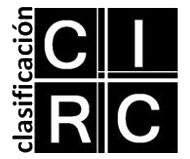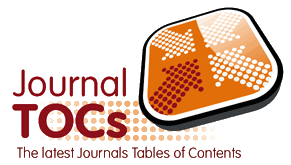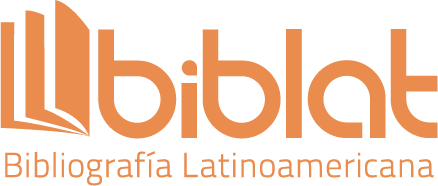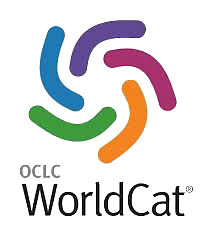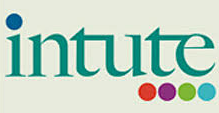Recursos educativos abiertos o plataformas
Desafíos de la Universidad Pública en un contexto de creciente mediación tecnológica
DOI:
https://doi.org/10.24215/16696581e717Keywords:
Education, Open Educational Resources, Platforms, Infrastructure, UniversityAbstract
The word platform, widely used in everyday speech to name all types of online services, has, however, a precise definition: it is a service (generally commercial) that collects and processes data from its users within the framework of competitive dynamics. Its widespread use with a broader meaning hides the differences between public and private infrastructure, between resources and exploitations. In the case of educational platforms, making these differences invisible contributes to the processes of commodification and privatization of education. The outbreak of the COVID-19 pandemic made it necessary to cling to any tool that would allow educational continuity to be guaranteed, once the period of restrictions has been overcome and face-to-face education is back, it is necessary to recover a critical approach that preserves autonomy, promotes significant uses of technology, and secures the rights of teachers and students.
Downloads
References
Andreessen, M. (2007, septiembre 16). The three kinds of platforms you meet on the Internet. https://fictivekin.github.io/pmarchive-jekyll/three_kinds_of_platforms_you_meet_on_the_internet
Butcher, N., Kanwar, A., & Uvalic-Trumbic, S. (2015). Guía básica de recursos educativos abiertos (REA). UNESCO Biblioteca Digital. https://unesdoc.unesco.org/ark:/48223/pf0000232986
Dijck, J. van. (2013). The Culture of Connectivity: A Critical History of Social Media. Oxford University Press. https://doi.org/10.1093/acprof:oso/9780199970773.001.0001
Dijck, J. van. (2019). La cultura de la conectividad: Una historia crítica de las redes sociales (H. Salas, Trad.).
El Confidencial. (2017, mayo 11). Varapalo a Uber: la justicia europea cree que debe tener licencias como los taxistas. http://www.elconfidencial.com/tecnologia/2017-05-11/uber-taxi-tjue_1380928/ archivado en https://web.archive.org/web/20170511161325/http://www.elconfidencial.com/tecnologia/2017-05-11/uber-taxi-tjue_1380928/
Fuster Morell, M. (2010). Governance of online creation communities: Provision of infrastructure for the building of digital commons [Doctoral]. European Univeristy Institute - Department of Political and Social Sciences.
Gillespie, T. (2010). The politics of ‘platforms’. New Media & Society, 12(3), 347-364. https://doi.org/10.1177/1461444809342738
MacKenzie, A., & Bhatt, I. (2021). Bad Faith, Bad Politics, and Bad Consequences: The Epistemic Harms of Online Deceit. En A.
MacKenzie, J. Rose, & I. Bhatt (Eds.), The Epistemology of Deceit in a Postdigital Era: Dupery by Design (pp. 3-20). Springer International Publishing. https://doi.org/10.1007/978-3-030-72154-1_1
Mackenzie, A., Bhatt, I., & Rose, J. (2020). Dupery by Design: The Epistemology of Deceit in a Postdigital Era. Postdigital Science and Education, 3, 1-7. https://doi.org/10.1007/s42438-020-00114-7
Mills, C. W. (1997). The Racial Contract. Cornell University Press. https://www.jstor.org/stable/10.7591/j.ctt5hh1wj
OECD. (2019). An Introduction to Online Platforms and Their Role in the Digital Transformation. https://doi.org/10.1787/53e5f593-en
O’Reilly, T. (2005, octubre 1). Web 2.0: Compact Definition? - O’Reilly Radar. http://radar.oreilly.com/2005/10/web-20-compact-definition.html
Peirano, M. (2019). El enemigo conoce el sistema. Debate.
Peirano, M. (2022). Contra el futuro: Resistencia ciudadana frente al feudalismo climático. Penguin Random House Grupo Editorial España.
Santos, B. de S. (2005). La universidad en el siglo XXI para una reforma democrática y emancipadora de la universidad. Universidad Nacional Autónoma de México. http://localhost:8080/entornoPGU/handle/123456789/267
Srnicek, N. (2017). Platform capitalism.
Tuana, N. (2004). Coming to Understand: Orgasm and the Epistemology of Ignorance. Hypatia, 19(1), 194-232. https://doi.org/10.1111/j.1527-2001.2004.tb01275.x
YouTube. (2006, septiembre 18). Warner Music Group and YouTube Announce Landmark Video Distribution and Revenue Partnership. http://www.youtube. com/press_room_entry?entry=vCfgHo5_Fb4
YouTube. (2007, octubre 5). YOUTUBE PREMIERES FIRST INTERNATIONAL FILM COMPETITION. http://www.youtube.com/press_room_entry?entry=7vFv73FhLmg archivado en https://web.archive.org/web/20071005110606/http://www.youtube.com/press_room_entry?entry=7vFv73FhLmg
YouTube. (2008, noviembre 13). http://fr.youtube.com/press_room_entry?entry=ABL6IQ3GaSw archivado en https://web.archive.org/web/20081113093056/http://fr.youtube.com/press_room_entry?entry=ABL6IQ3GaSw
Zuazo, N. (2018). Los dueños de Internet. Debate.
Zuckerman, E. (2019). Building a More Honest Internet. Columbia Journalism Review. https://www.cjr.org/special_report/building-honest-internet-public-interest.php/
Downloads
Published
How to Cite
Issue
Section
License
La aceptación de un original por parte de la revista implica la cesión no exclusiva de los derechos patrimoniales de los/as autores/as en favor del editor, quien permite la reutilización, luego de su edición (postprint), bajo una Licencia Creative Commons Atribución-NoComercial-CompartirIgual 4.0 Internacional (CC BY-NC-SA 4.0)
Acorde a estos términos, el material se puede compartir (copiar y redistribuir en cualquier medio o formato) y adaptar (remezclar, transformar y crear a partir del material otra obra), siempre que a) se cite la autoría y la fuente original de su publicación (revista y URL de la obra), b) no se use para fines comerciales y c) se mantengan los mismos términos de la licencia.
La cesión de derechos no exclusivos implica que luego de su edición (postprint) en Question las/os autoras/es pueden publicar su trabajo en cualquier idioma, medio y formato; en tales casos, se solicita que se consigne que el material fue publicado originalmente en esta revista.
Tal cesión supone, también, la autorización de los/as autores/as para que el trabajo sea cosechado por SEDICI, el repositorio institucional de la Universidad Nacional de La Plata, y sea difundido en las bases de datos que el equipo editorial considere adecuadas para incrementar la visibilidad de la publicación y de sus autores/as.
Asimismo, la revista incentiva a las/os autoras/es para que luego de su publicación en Question depositen sus producciones en otros repositorios institucionales y temáticos, bajo el principio de que ofrecer a la sociedad la producción científica y académica sin restricciones contribuye a un mayor intercambio del conocimiento global.







